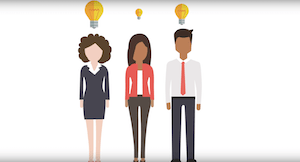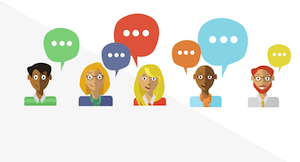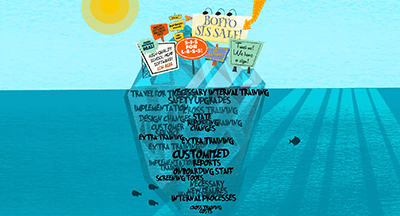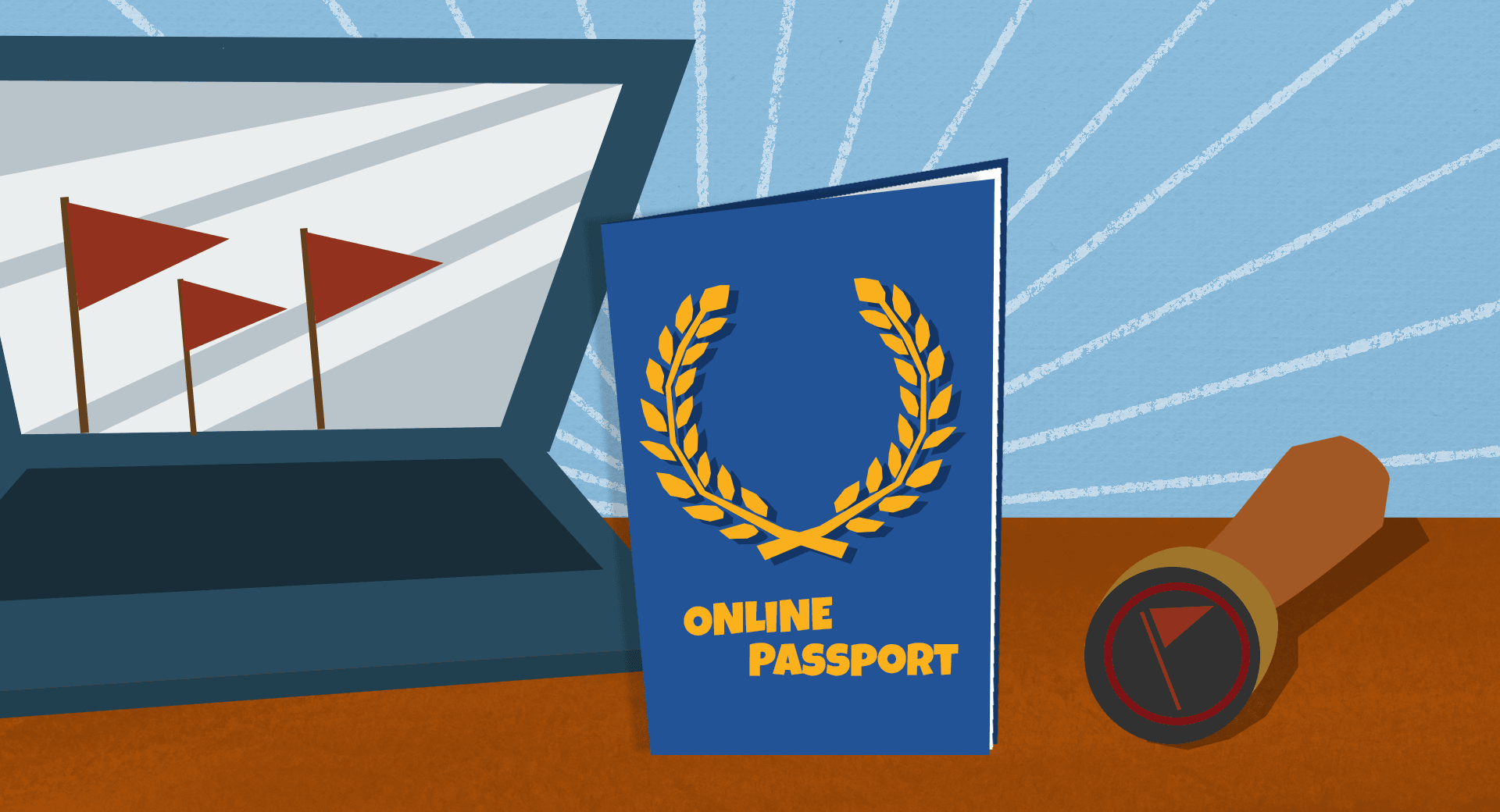
It can be a little mind-blowing for the older generations to witness the ease with which children navigate the digital world.
Generation Z is the first generation to grow up never knowing a world without social media. Generation Alpha, who are currently small children, can have a better experience with some digital media citizenship preparation. Both of these generations are referred to as digital natives—children who are deeply familiar with technology from a young age.
Like so many things, this topic requires a strong bond between children, families, and schools. Engaging parents in digital citizenship practice can help these skills flow into children’s everyday scrolling and posting—which is arguably where they can make the most impact in protecting children online.
These six basic principles can help lay the foundation for students in mostly plain language. Some terms may need to be defined, especially with regard to nuances behind broad terms like “data.”
Your image and personal identifying information belong to you.
You have a right to keep them private.For many children, their digital presence begins before birth if their parents choose to post on social media. Children may already have a lifetime of digital presence before they’re aware of how to manage it.
Children may not understand personal identifying information. This includes data like full name, date of birth, address, phone number, email address, and other contact information. Children should know these things can be risky to share online.
As children begin to grow up and realize what their digital footprint looks like, they may need strategies to have conversations with family. Children have a right to privacy, which includes the right to request photos not be shared on parents’ social media. This is at odds with some parent-child relationships. It may be worth sharing methods of reporting images if children need backup to manage their digital presence with a parent who is less than willing to respect their autonomy.
What you share doesn’t stop where you share it.
People can take your posts and information and spread them around.Elementary school teachers have shared a fun activity to show the reality of information spreading online. They may post a public photo and ask it to be shared widely, then track its progress through the world via comments. While this does a great job of showing kids how information spreads far and wide quickly, ensure that the point of the activity reminds kids that sharing could have serious consequences if instead of a fun picture, it’s personal information or something mean about a friend, for example.
Your data will be used to sell you things.
Advertisers mine your data to get to know what you like—and what you might buy.Gone are the days when kids were solely marketed to via television commercials of shiny toys and sugary cereals. Now websites track navigation around the internet using cookies. These bite-sized bits of code help advertisers target ad campaigns.
This may seem harmless on the surface, but consider the volume of data we give up for free. It’s extremely valuable, and it’s worth considering whether it is okay to track or better to adjust privacy settings.
People on the internet are not always kind.
The things you read online are not always true, and they are not always representations of people’s best selves.Good digital literacy can help children differentiate between what is a fact and what is an opinion. But what can help students who experience online bullying?
One method that can make a difference on a large scale is to communicate to students that the internet is real life. Sometimes humans treat each other differently when we aren’t face to face—but the reality is, another person is reading what you send online.
Children experience online bullying more often than we think, and some have even resorted to digital self-harm: posing as someone else online to post hurtful things about themselves. Adults can help a child who is engaging in this behavior in similar ways to other self-harm: by treating it in an open and compassionate way. Just because it happens online doesn’t mean it isn’t real, and really hurtful.
People on the internet are not always truthful.
Dangerous people pretend to be someone they aren’t to befriend someone they shouldn’t.As digital natives navigate the internet, adults have taken notice of where they tend to gravitate. Online games, social media apps, and other spaces geared toward children are not immune from people pretending to be a peer when in fact they are adults.
While it can be really difficult to navigate these truths in a way that’s informational but not alarming, kids are able to deal with the reality of tricky people. What it comes down to is not accepting a friend request at face value and limiting your contact list to people you have met first in real life. A new friend should never pressure you for personal information, your address, or pictures of you—and you don’t have to share any information with anyone, ever.
A trusted adult can help you navigate the internet.
If anything you see online makes you uncomfortable, tell an adult you trust.Finally, navigating the internet together keeps children safer than going it alone.
Indicate to students that trusted adults throughout the school—whether it’s their teacher, an instructional coach, an administrative assistant, or a lunch server—are all good choices to report any uncomfortable online behavior to. Devote time during staff meetings to online safety, including the chain of reporting if online activity is flagged by a student.
Not only could digital vigilance make a huge difference to a struggling individual, but it can also be a matter of school safety.
Digital citizenship doesn’t have to be daunting, although it can challenge some deeply held beliefs. The fact is, children have a right to control their presence online. Giving them the tools to discuss digital citizenship is empowering.
Follow-up resource: Talking to parents about kids using the internet
It's a group effort to keep kids safe. Learn more in Talking to Parents about Digital Citizenship.WHAT'S NEXT FOR YOUR EDTECH? The right combo of tools & support retains staff and serves students better. We'd love to help. Visit skyward.com/get-started to learn more.

|
Erin Werra Blogger, Researcher, and Edvocate |
Erin Werra is a content writer and strategist at Skyward’s Advancing K12 blog. Her writing about K12 edtech, data, security, social-emotional learning, and leadership has appeared in THE Journal, District Administration, eSchool News, and more. She enjoys puzzling over details to make K12 edtech info accessible for all. Outside of edtech, she’s waxing poetic about motherhood, personality traits, and self-growth.
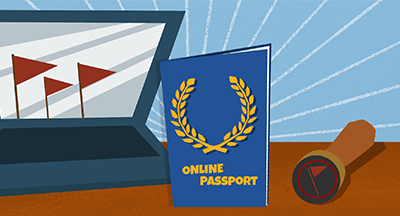
.jpg)
